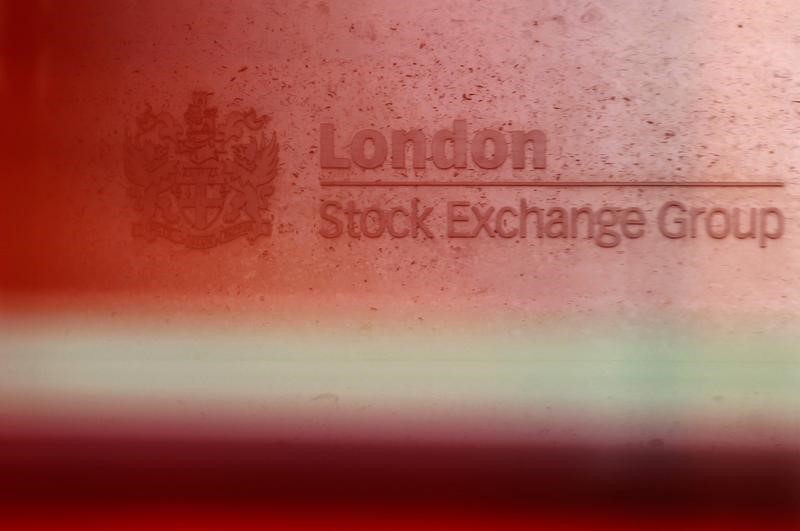Proactive Investors -
Pound at to two-year high versus Euro
PMI readings on Monday morning showing the UK economy was outperforming the Eurozone dealt a boost to the pound sterling, lifting it to a two-year high against the Euro.
Come late morning, the pound was climbed to €1.1967 and its highest level compared to the Euro since August 2022.
Though S&P Global data showed UK private sector growth had slowed between August and September, the 52.9-point reading indicated ongoing economic improvement.
Separate figures covering the Eurozone showed PMI fell to 48.9 in the meantime, indicating business activity had entered contraction territory.
Germany, France drag Eurozone into contraction territory
Business activity across the Eurozone has fallen into contraction territory in September for the first time in seven months on the back of German and French economic struggles.
According to the HCOB Flash Eurozone purchasing managers index (PMI), Eurozone private sector growth dipped below 50.0 points this month to 48.9.
This fall below the mark indicates shrinking activity, with the reading reflecting the lowest level in eight months.
Europe’s manufacturing sector weighed on the figure as PMI fell to 44.8, against 45.8 previously, while services dipped from 52.9 to 50.5.
This follows a slump in German economic activity, while an Olympics-related boost to France’s private sector seen in August appeared to wear off.
Manufacturing and service sectors weigh on UK business growth
Britain’s manufacturing and service sectors weighed on overall business growth this month, causing a slowdown from August, S&P Global has reported.
Flash purchasing managers index (PMI) figures on Monday showed a reading of 52.9 for September, against the 53.8 seen in August.
This meant an 11-month streak of improving private sector activity continued, but at a slower rate than previously.
S&P reported “fragile client confidence and ongoing inventory cutbacks” weighed on the service and manufacturing sectors, with industry members also pointing to caution ahead of October’s Autumn Budget.
Economist Chris Williamson reassured the PMI figures remained “encouraging” though, with a reading above 50 indicating continued growth.
“A slight cooling of output growth across manufacturing and services in September should not be seen as too concerning, as the survey data are still consistent with the economy growing at a rate approaching 0.3% in the third quarter,” he said.
Business confidence ticked up over the month, he added, while ongoing cooling of service inflation meant further Bank of England rate cuts were still likely this year.
Pubs shutting at rate of 50 a month but slower than last year
Some 50 pubs shut for good each month over the first half of this year in England and Wales, figures showed on Monday.
A total of 305 closed their doors for good, leaving a total of 39,096 pubs across England and Wales, real estate intelligence firm Altus reported.
Though this was lower than the average 64 closures seen monthly over the first half of 2023, Altus warned the figures came as the industry braced for tax hikes next year.
Pubs face a “double whammy” of higher costs and reintroduced business rates from next April, Altus property tax president Alex Probyn pointed out, with the tax having been temporarily cut since the pandemic hit in 2020.
According to industry body UKHospitality, this could leave the industry with a £928 million bill as a 75% relief on business rates is lifted.
Probyn added the higher taxes would see pubs paying an average of £12,160 more each next year, threatening to lead to further closures.
